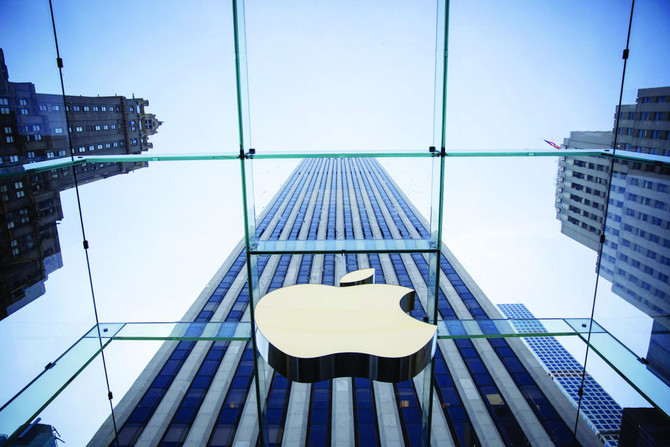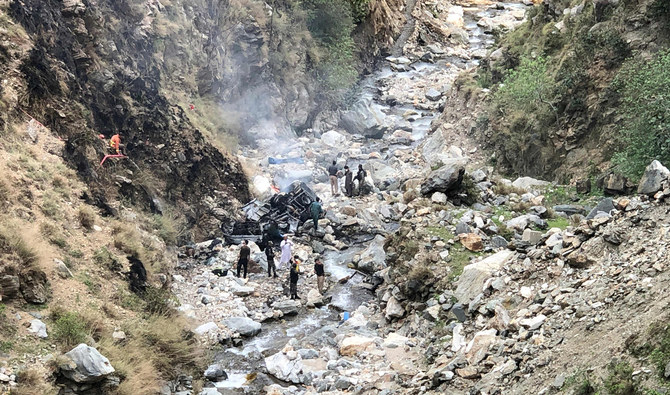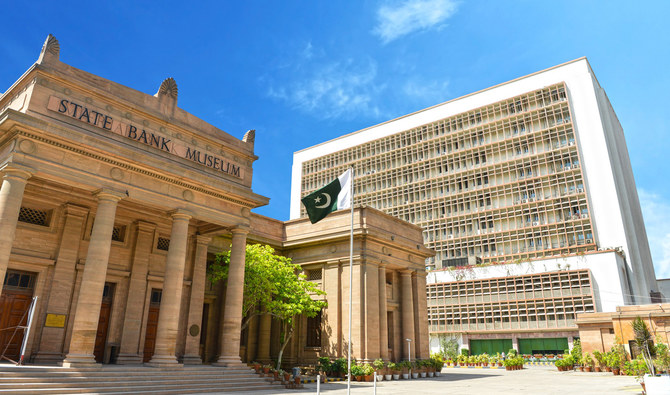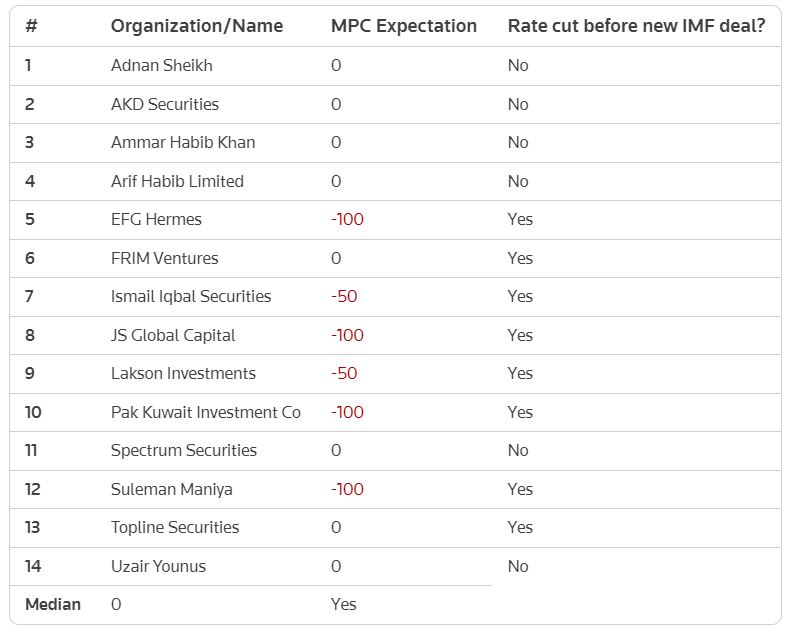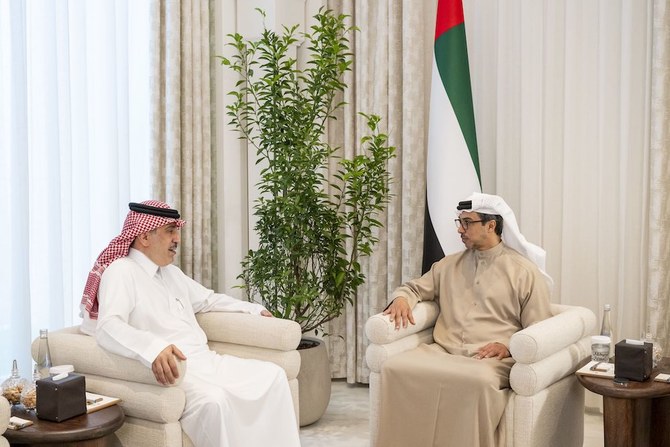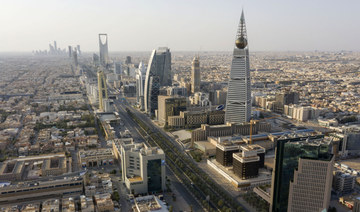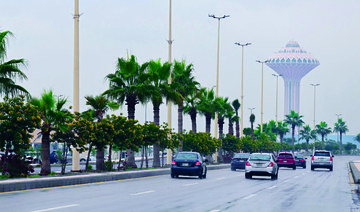SAN FRANCISCO: Apple is joining the fiercely competitive race to design self-driving cars, raising the possibility that a company that has already re-shaped culture with its iPhone may try to transform transportation, too.
Ending years of speculation, Apple’s late entry into a crowded field was made official Friday with the disclosure that the California Department of Motor Vehicles had awarded a permit for the company to start testing its self-driving car technology on public roads in the state.
The permit covers three vehicles — all 2015 Lexus RX 450h hybrid SUVs — and six individual drivers. California law requires people to be in a self-driving car who can take control if something goes wrong.
Apple goes mobile ... in a new way
Apple confirmed its arrival in the self-driving car market, but wouldn’t discuss its intentions. Its interest in autonomous vehicle technology, however, has long been clear.
The Cupertino, California, company pointed to a statement that it issued in December. “
Apple is investing heavily in machine learning and autonomous systems,” the company said then. “There are many potential applications for these technologies, including the future of transportation.”
Apple released that statement after Steve Kenner, a former Ford Motor executive who is now Apple’s director of product integrity, notified federal regulators of the company’s interest in self-driving cars in a letter.
Like others, Apple believes self-driving cars could ease congestion, prevent millions of crashes and save thousands of lives annually in traffic accidents often caused by drunk or distracted motorists.
Self-driving cars could also be a lucrative new market. And Apple has been searching for its next act for a while, one that will take it beyond its mainstay phones, tablets and personal computers.
A next big thing
Although iPhone’s ongoing popularity has helped Apple remain the world’s most valuable company, the company hasn’t had a breakthrough product since the 2010 debut of the iPad, currently in the throes of a three-year sales slump. The dry spell has raised doubts as to whether Apple lost some of its trend-setting magic with the death of co-founder Steve Jobs in 2011.
Apple will be vying against 29 other companies that already have California permits to test self-driving cars. The list includes major automakers, including Ford, General Motors, BMW, Volkswagen and Tesla, as well as one of its biggest rivals in technology, Google, whose testing of self-driving cars has been spun off into an affiliate called Waymo.
Since Google began its work on self-driving vehicles eight years ago, Waymo’s fleet of self-driving cars has logged more than 2 million miles on the road.
That means Apple has a long way to catch up in self-driving technology. But it has often been a follower in markets that it eventually revolutionized. It wasn’t the first to introduce a digital music player, smartphone, or tablet before its iPod, iPhone and iPad came out.
Deep pockets
With $246 billion in cash, Apple also could easily afford to buy technology that accelerates its development of self-driving cars. There has been recurring speculation that Apple might eventually acquire Tesla, which has a market value of about $50 billion. Neither Apple nor Tesla has given any inkling that they’re interested in joining forces, though.
Speculation about Apple’s interest in expanding into automobiles began swirling in 2015 amid media reports that the company had begun secretly working on building its own electric car under the name project “Titan.”
Apple never confirmed the existence of Titan, which is now believed to be dead.


